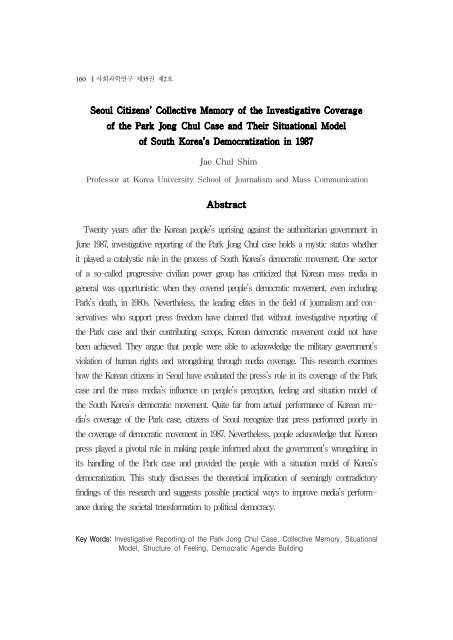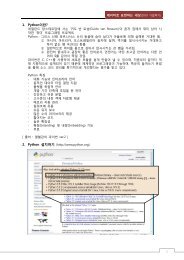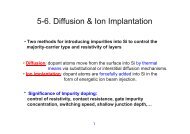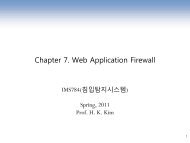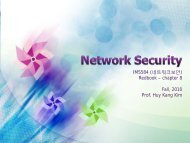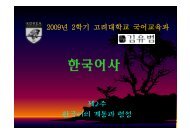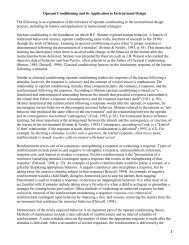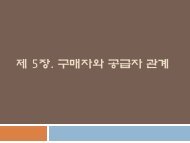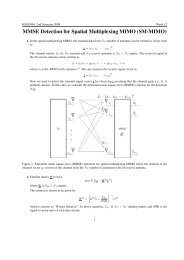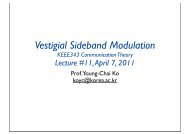박종철사건보ë„ ì´Û„ì˜ êµÂ민젠정서구조와 ՜굠... - Korea University
박종철사건보ë„ ì´Û„ì˜ êµÂ민젠정서구조와 ՜굠... - Korea University
박종철사건보ë„ ì´Û„ì˜ êµÂ민젠정서구조와 ՜굠... - Korea University
Create successful ePaper yourself
Turn your PDF publications into a flip-book with our unique Google optimized e-Paper software.
160 ❙사회과학연구 제35권 제2호<br />
Seoul Citizens’ Collective Memory of the Investigative Coverage<br />
of the Park Jong Chul Case and Their Situational Model<br />
of South <strong>Korea</strong>’s Democratization in 1987<br />
Jae Chul Shim<br />
Professor at <strong>Korea</strong> <strong>University</strong> School of Journalism and Mass Communication<br />
Abstract<br />
Twenty years after the <strong>Korea</strong>n people’s uprising against the authoritarian government in<br />
June 1987, investigative reporting of the Park Jong Chul case holds a mystic status whether<br />
it played a catalystic role in the process of South <strong>Korea</strong>’s democratic movement. One sector<br />
of a so-called progressive civilian power group has criticized that <strong>Korea</strong>n mass media in<br />
general was opportunistic when they covered people’s democratic movement, even including<br />
Park’s death, in 1980s. Nevertheless, the leading elites in the field of journalism and conservatives<br />
who support press freedom have claimed that without investigative reporting of<br />
the Park case and their contributing scoops, <strong>Korea</strong>n democratic movement could not have<br />
been achieved. They argue that people were able to acknowledge the military government’s<br />
violation of human rights and wrongdoing through media coverage. This research examines<br />
how the <strong>Korea</strong>n citizens in Seoul have evaluated the press’s role in its coverage of the Park<br />
case and the mass media’s influence on people’s perception, feeling and situation model of<br />
the South <strong>Korea</strong>’s democratic movement. Quite far from actual performance of <strong>Korea</strong>n media’s<br />
coverage of the Park case, citizens of Seoul recognize that press performed poorly in<br />
the coverage of democratic movement in 1987. Nevertheless, people acknowledge that <strong>Korea</strong>n<br />
press played a pivotal role in making people informed about the government’s wrongdoing in<br />
its handling of the Park case and provided the people with a situation model of <strong>Korea</strong>’s<br />
democratization. This study discusses the theoretical implication of seemingly contradictory<br />
findings of this research and suggests possible practical ways to improve media’s performance<br />
during the societal transformation to political democracy.<br />
Key Words: Investigative Reporting of the Park Jong Chul Case, Collective Memory, Situational<br />
Model, Structure of Feeling, Democratic Agenda Building


